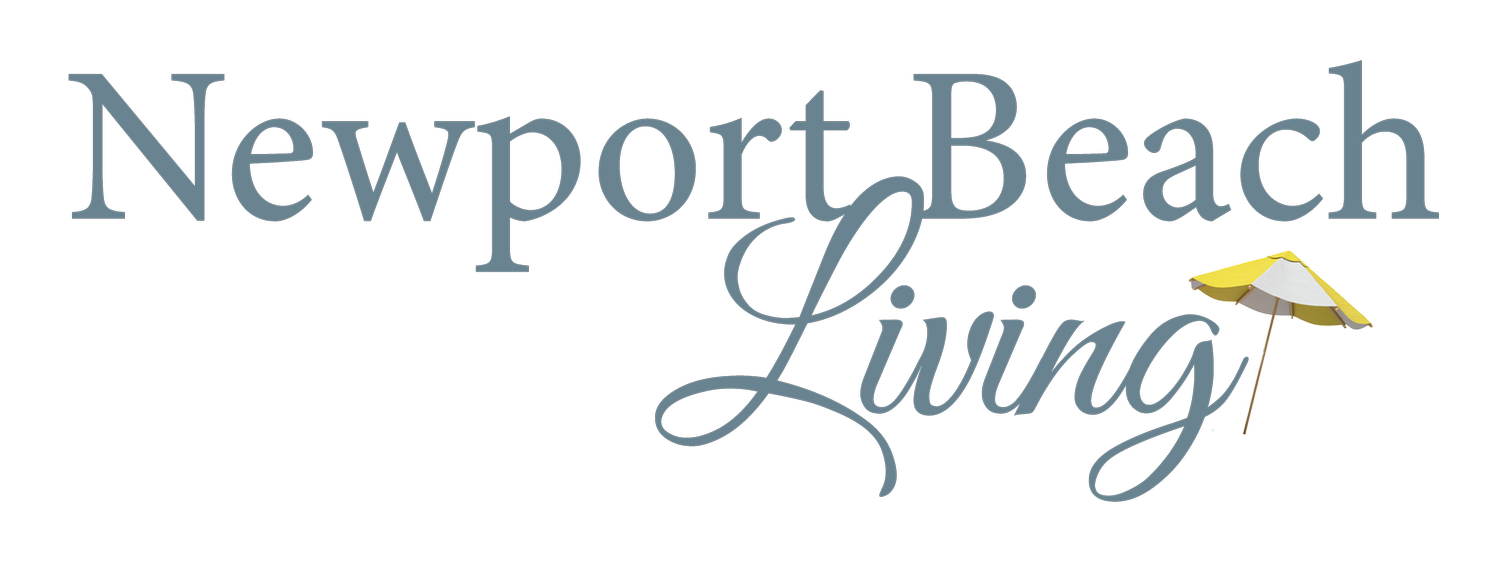Positive Affirmation, Helping Us Move to Action
By: Colleen Rivers, MD
Every healthy lifestyle tip that I give is within striking distance for each of us. I recommend starting with really small changes — things like eating one more vegetable per day, writing three things we are grateful for every morning, or putting our smartphones in another room for dinner with family. These are basic interventions that are transformative over time, yet many of us still struggle to implement them. So what is the solution? How do we move ourselves to action once we have the knowledge?
While I teach many strategies to help people become consistent with their desired action, today I want to focus on the importance of self-belief. We must truly believe in our heart of hearts that we are capable of making meaningful change. This concept was beautifully summarized by Henry Ford who said, “Whether you think you can or you think you can’t — you’re right.” However people tend to think this only applies to our big life goals; that self-belief drives our ability to pursue advanced degrees, start companies, or follow our most compelling dreams. However, it also plays a pivotal role in making healthy changes in our lives. We simply can’t transform ourselves from someone who gets 4,000 steps per day to one who gets 10,000, if we perceive ourselves as lazy. In the same way, we will never gain the peace that comes with regular meditation practice if we believe our minds are too anxious to benefit from this intervention.
Whatever change you have been struggling to make in your health or your life, consider this question: Do you honestly believe you can be successful at it? If the answer is no, then first ask yourself if you have broken the goal down to the smallest possible part. For example, don’t aim for eight hours of sleep every night if you currently get five. Set a goal of getting five hours and fifteen minutes per night. You will build from there and anyone can go to bed fifteen minutes earlier without completely changing their routine. Once you have made your goal so small that it must be achievable (think- could my nine-year-old do this?), do you still struggle to believe you will be successful? If so, your problem is a limiting belief that you have about yourself. Thankfully, there are actions we can take to change those beliefs and thereby change what is possible for us.
The simplest place to begin is through affirmation. Get on paper a brief sentence that reflects your core values and what you are seeking. If eating a healthful diet has been challenging for you, perhaps write, “I am grateful for my healthy body and I nourish it with nutritious food.” Then read or recite it several times a day. Maybe you stack this exercise with something you already do. For instance, following my daily gratitude list, I write, “I love myself. I love my life. With God, I will help millions of people.” This trains my brain to remember that I am comfortable with who I am, I am thankful for the gifts in my life, and that I have Help with my mission. This is extremely personal to me but I share it so it may help you write something that resonates with your unique values and goals.
Now if you aren’t quite ready for a daily mantra, then at least spend some time affirming your values. Write about what matters the most to you in this life. This activity has been shown to help marginalized students achieve higher GPAs (1) and to help sedentary people become more active (2). On fMRI of the brain, it led to increased activity in regions associated with reward when participants reflected on their values in the future. (2) Writing on paper or at least reflecting on who we want to be in this life is something that every one of us can do today. It is the key to living intentionally. And in this case, it may very well help us to rewire our thought patterns, helping us to believe we are capable of change, and allowing us to become who we were always meant to be!
1.Cohen GL, Garcia J, Purdie-Vaughns V, Apfel N, Brzustoski P. Recursive processes in self-affirmation: intervening to close the minority achievement gap. Science. 2009 Apr 17;324(5925):400-3. doi: 10.1126/science.1170769. PMID: 19372432.
Cascio CN, O'Donnell MB, Tinney FJ, Lieberman MD, Taylor SE, Strecher VJ, Falk EB. Self-affirmation activates brain systems associated with self-related processing and reward and is reinforced by future orientation. Soc Cogn Affect Neurosci. 2016 Apr;11(4):621-9. doi: 10.1093/scan/nsv136. Epub 2015 Nov 5. PMID: 26541373; PMCID: PMC4814782.
Dr. Colleen Rivers is the founder and CEO of Seek, a health and wellness platform that empowers people to take back ownership of their own health. Its overarching philology is that the act of seeking — or taking one small step toward your healthiest self — is in itself transformative. Visit her website: www.seektransformation.com

